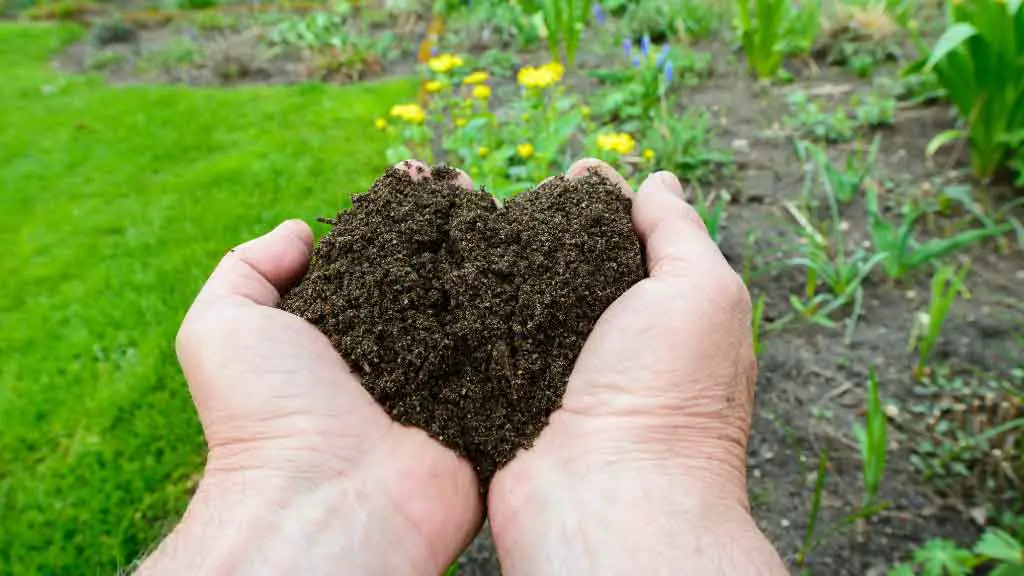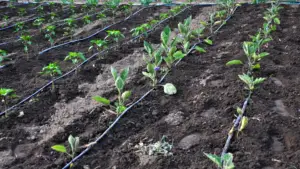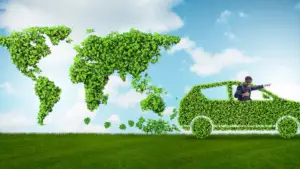One of the biggest issues in our life is waste management. When we do not know what to do with the waste and how to get rid of it correctly, there are huge problems like environmental issues. Most people do not know the importance of composting in agriculture. Composting itself is very beneficial, and here is how.
What is composting in agriculture?
Composting itself is the process of the biological degradation of organic materials. This process is performed under a controlled environment where self-heating, moisture, and other aerobic conditions are maintained to perform the process best.
When we specify composting with agriculture, the organic material or the organic waste we consider using is specifically from agriculture, including plant waste and manure.
9 Reasons that explain the importance of composting in agriculture
Many reasons will explain to you the importance of composting in agriculture. However, some are important while others are ordinary. So, here we have shortlisted the top 9 reasons that will explain the importance of composting in agriculture in the best way. So, let’s begin!
1. Composting helps in improving soil health
For the good growth of plants and better environmental sustainability, the soil needs to be in the best of its health. When composting is done, it produces humus, resulting in increased organic matter in the soil. So, the following things about the soil are also increased as a result of composting:
- Water holding capacity
- Better soil health
- Better microbial growth
By these and several other things, the soil becomes better for the growth of plants.
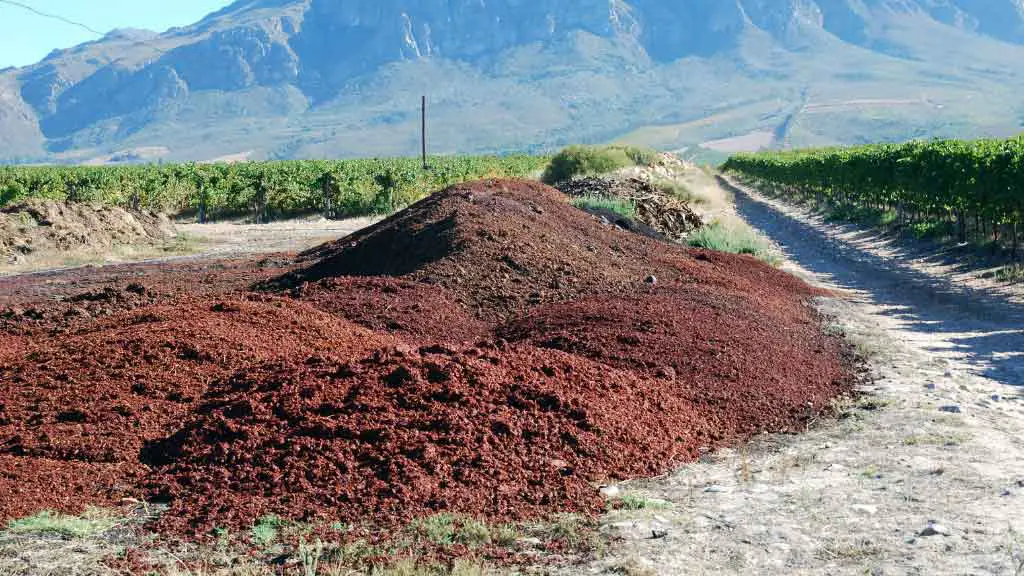
2. Composting in agriculture can reduce odors
Manure is known for the bad smell it leaves in the environment, and there is no way to treat or remove that smell rather than getting rid of manure which means wasting a lot of important material.
When composting is done in agriculture, this smell of manure quickly fades away because of the proper anaerobic conditions maintained for the process of composting to carry out successfully.
3. Composting helps stabilize nitrogen
Composting can help in stabilizing nitrogen in the ground. It is very important for the better growth of plants that nitrogen stays stable. When composting is performed, it is bonded to carbon which converts nitrogen into an organic compound that also contains slow-release properties making things even better.
All of this is also known as reduced N volatilization, and by this process, there is no need to get synthetic nitrogen-based fertilizers.
4. Composting is the process that reduces the volume of waste, making it easily manageable
When we talk about waste management in agriculture, we talk about tons of waste within a few days. Managing that waste can be very difficult because of the high transportation or processing costs. However, with composting, things can be made significantly simple and easy.
When composting is done, the organic waste shrinks in volume, making it very easily manageable. An approximated reduction in volume is up to two-thirds which is impressive when we talk about transporting tons.
5. Composting provides nutrients for better plant growth
Nutrients are the most important part of the whole plant growth process. If a piece of land is not rich in nutrients, the plants will not grow in the healthiest form. With composting, you can get serious nutrients into the soil for organic farming.
All you need to do is carry out the composting process in the right way, and all of the compost will be a perfect choice to use as a fertilizer.
6. Composting destroys pathogens
Pathogens are among the worst enemies for your plants, and when you are farming or gardening, you do not want any of them. The good part about composting in agriculture is that it is amazing in destroying those pathogens. The temperature that is maintained when the composting process is carried out can kill weeds and harmful microorganisms, which is good for the health of your yield.
7. Composting in agriculture means that you are saving on fertilizers
A huge part of income for those who make a living via agriculture goes to fertilizers because those are not cheap. However, when you make your compost through composting, things get extremely cone effective and budget-friendly because you do not need to buy fertilizers most of the time. In this way, you will be saving a lot on fertilizers.
8. There is no caution or safety needed when applying compost
Using synthetic and chemical-based fertilizers and plant protectors need proper caution and safety. Even if you use them on some fruits, it is important to thoroughly wash that fruit before consuming it. This is not an issue at all when you use compost.
As compost is made only from natural organic waste and the process is also all-natural, there is nothing harmful added to it at any level. In this way, it is not only healthy to use but safe as well.
9. Composting in agriculture keeps waste from ending up in landfills in the long run
If you take a look at the amounts of waste produced by the agriculture field, you will note that there may be tons of waste per day. Now imagine all of that ending up in landfills which will result in making the environment even worse.
The importance of composting in agriculture can be calculated from the fact that it keeps a lot of waste from ending up in landfills in the longer run. This, in turn, brings several benefits.
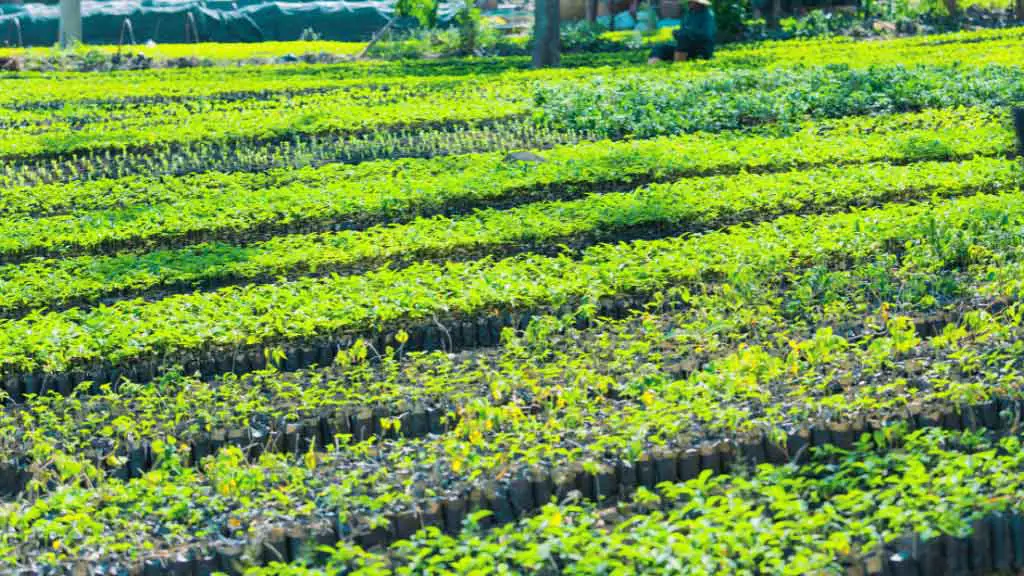
Final Words
While most of the world has moved to synthetic fertilizers, people do not know the importance of composting in agriculture. It is important for agriculture as well as for the environment. Moreover, synthetic fertilizers cause lots of damage to the environment.
So, if you are also up for sustainable gardening or farming, then composting is the most important thing you need to do. With all the reasons explaining the importance of composting in agriculture, it is made clear how beneficial things can be if we always go the natural way.

